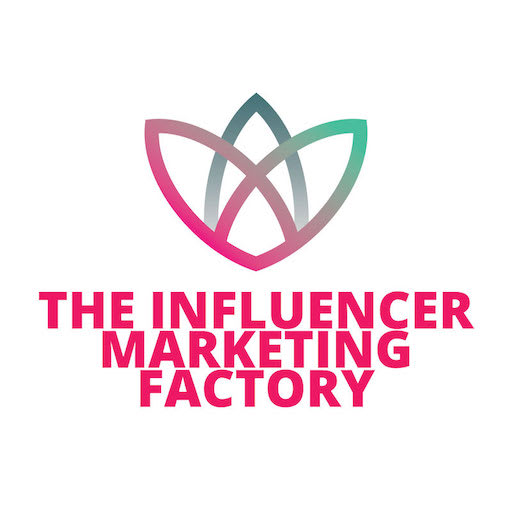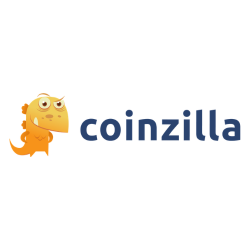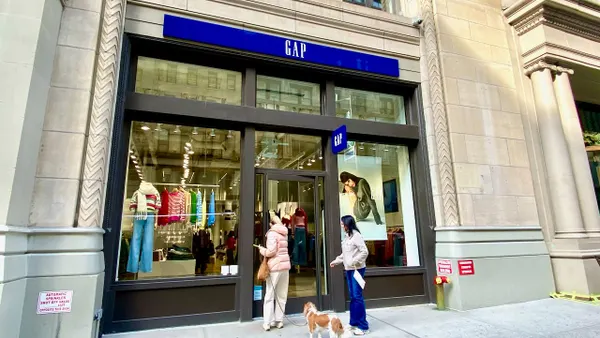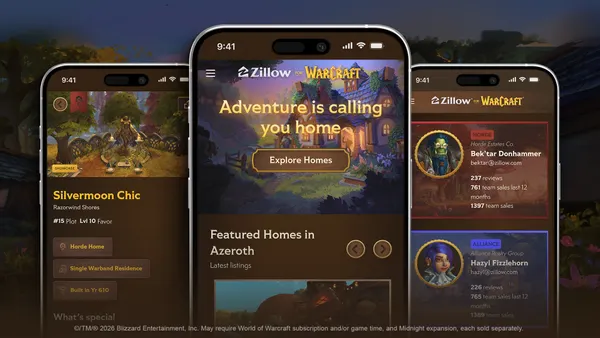Snap Inc. has teamed with Epsilon to help marketers activate their first-party data on Snapchat, per details shared with Marketing Dive. The integration allows brands to use privacy-safe audience segments from Epsilon Clean Room directly within their Snapchat Ad accounts.
For marketers looking to improve campaign targeting, the integration has driven improved match rates rates of up to 50% for audience activation, according to Epsilon. Inspire Brands, the fast-food company that owns chains including Dunkin’, Buffalo Wild Sings and Sonic Drive-In, among others, is among the first to utilize the partnership, and has long put identity at the center of its marketing efforts.
“At Inspire, we’re focused on turning data into action, and this integration helps us do that with more speed and confidence while better connecting with our highly engaged Gen Z and Millennial audiences,” said Travis Freeman, chief media officer and senior vice president, demand generation at Inspire Brands, in a statement.
The integration is currently available for Epsilon Clean Room clients in the U.S., with plans to expand to the U.K. market soon. For Snapchat, the move is the logical next step of a long-standing partnership with Publicis and follows the holding company’s recent streak of account wins.
“This integration allows Publicis clients to more easily and efficiently activate custom audiences on Snapchat. In A/B testing, we also saw higher audience match rates thanks to the strength and breadth of Epsilon’s identity solution, which made the Clean Room particularly compelling for us and our advertisers,” said Risa Teksten, head of agency development for Publicis at Snap, in emailed comments.
Improved access
Epsilon Clean Room is an example of a technology that has become table stakes for marketers looking to activate, collaborate and utilize first-party data — both from their own stores of data and those owned by agency and publishing partners.
Publicis in March acquired identity solutions firm Lotame, providing the holding company with data on nearly 4 billion consumers and bolstering Epsilon’s data-driven marketing capabilities. But for most marketers, the problem is not a lack of data but a way to connect the dots, explained Dale Older, senior vice president of product at Epsilon.
“Integrations like this one help fill in those gaps so brands have a more complete picture of their customers. By resolving missing customer touch points and layering in rich, multidimensional data, marketers can build more relevant audiences and reach them more efficiently. It’s really about helping brands move from guesswork to confidence in how they plan, target and measure performance,” Older said in emailed comments.
Clean rooms came into vogue as marketers looked to shore up their first-party data capabilities amid signal loss and the then-imminent loss of third-party cookies in Chrome, and have become even more essential as data is the fuel for artificial intelligence. Offerings like Epsilon Clean Room help a wider range of brands get into a clean room space previously reserved for only major advertisers, Older said.
“These integrations make the data and models more accessible and easier to use, so marketers can spend less time managing complexity and more time focusing on what matters: reaching customers and driving results,” the executive added.














